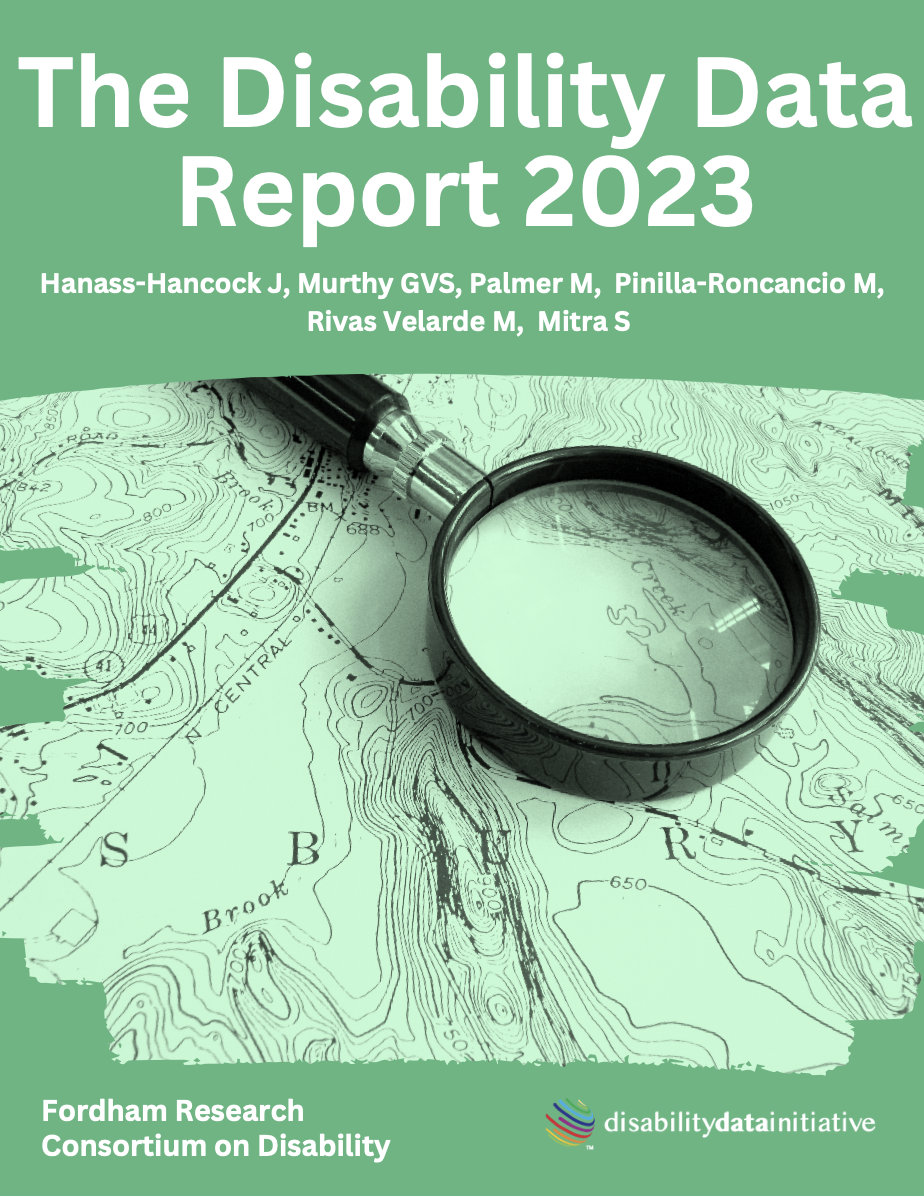
To date, national statistics are only rarely disaggregated by disability status. Often, the little data we find on disability focuses on disability prevalence. This has contributed to persons with disabilities’ being often invisible in human rights and development policy debates. The Disability Data Initiative (or DDI) aims to contribute to close the disability data gap by making internationally comparable statistics on disability publicly available and accessible. DDI strives to inform debates and facilitate policy studies and advocacy for the rights of persons with disabilities and groups at the intersection of multiple identities such as women with disabilities or older persons with disabilities.
DDI is the work of a team of researchers based in East Asia/Pacific, Europe, Latin America, North America, South Asia, and Sub-Saharan Africa. We have a steering committee with various stakeholders, including advocates, international organizations, policy makers and researchers. DDI does two things.
First, DDI regularly provides a systematic analysis of the questions on disability in national censuses and household surveys globally. We assess if datasets have questions that meet international standards of comparability. These are the United Nations Principles and Recommendations for Censuses, according to which there needs to be questions about functional difficulties in at least four core domains: seeing, hearing, walking and cognition. They may follow the exact Washington Group Short Set of questions, which has questions in two additional domains (self-care, communication). We have found that the share of the datasets that have internationally comparable functional difficulty questions has increased and stand at almost 30%. Yet, about one third of countries still do not seem to have functional difficulty questions in their national household surveys and censuses. That implies that they may lack data that is necessary to monitor the Sustainable Development Goals for persons with disabilities and to implement Article 31 of the Convention on the Rights of Persons with Disabilities (CRPD) which requires that States Parties “collect appropriate information, including statistical and research data”.
Second, DDI takes advantage of the increasing availability of internationally comparable disability questions by analyzing national census and survey data disaggregated by disability status. That way, we can assess the situation of persons with disabilities overall, by type and severity of functional difficulty and compare it to that of persons with no disability. So far, our focus has been on producing proof of concept reports to demonstrate that disaggregating statistics by disability status using national surveys and censuses is possible and informative. The 2021 report showed that disability disaggregation is possible using a variety of surveys and censuses for 41 countries. In the 2022 report, we focused on a subgroup, women, using data from the Multiple Indicator Cluster Survey (MICS6) for 35 countries. The 2023 report of DDI is a proof of concept that disability disaggregation is possible at the subnational level using Demographic and Health Survey (DHS) and census data.
The 2023 report will be launched as part of a side-event of COSP16 on Friday June 16th. More information is available at this link. The 2023 report zooms in and produces disability disaggregated indicators at the regional and district levels, which offers new opportunities for monitoring the situation of persons with disabilities locally.
Perhaps unsurprisingly, the three reports so far have found that persons with disabilities face significant inequalities in terms of educational attainment, work, multidimensional poverty, and subjective wellbeing. Importantly, the results show that policy work is needed to curb these inequalities and realize the Convention on the Rights of Persons with Disabilities. More immediately, the results demonstrate that disaggregating development indicators by disability status using nationally and sub-nationally representative survey or census data is doable.
Therefore, there is an urgent need for more national and subnational datasets that regularly collect data on functional difficulties and for more analyses of existing datasets with such questions to produce disability-disaggregated data. There are currently lots of opportunities in the disability field for data analyses that support and inform policy and advocacy, including in big data. This is critical to develop evidence-based policies and programs and to monitor the human rights situation of persons with disabilities.
For updates, you can follow DDI on twitter at @d_d_initiative, check the DDI website at this link or send an email at @email.
Source: Sophie Mitra, Fordham University
 Welcome to the United Nations
Welcome to the United Nations